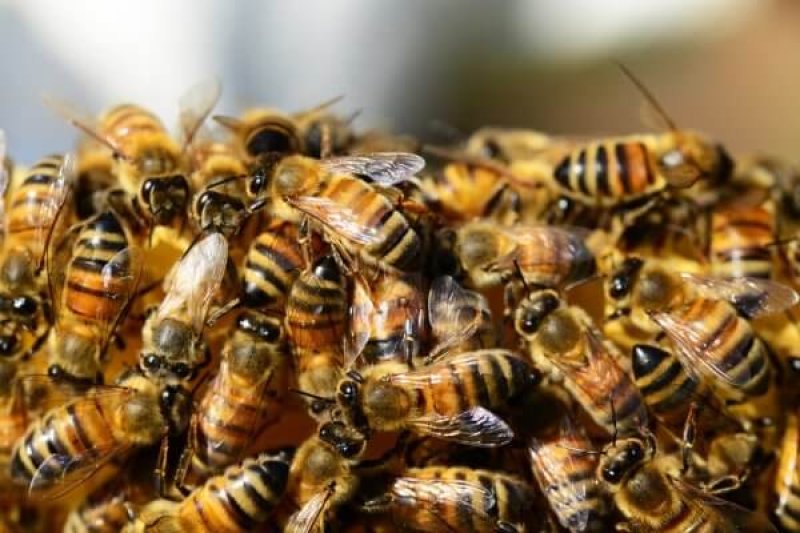Draft findings from the European Food Safety Authority feed into a long-running, heated and so far inconclusive debate into why Europe’s bee populations are in decline.
The EU will vote as soon as next week on whether to extend a ban on three chemicals — known as neonicotinoids — which are accused of crippling insects’ nervous systems and decimating bee colonies.
EFSA has been looking at data on neonicotinoids since 2015, though the vast majority of the data on the risks posed by the substances was deemed inconclusive. But according to draft documents seen by POLITICO, one of the substances — imidacloprid, which is manufactured by Germany’s Bayer — could pose a danger to bees.
…
The agency said two other substances — Syngenta’s thiamethoxam and Bayer’s clothianidin — posed a “small to negligible negative” effect on honeybee colonies.
…
Even after assessing the data for winter crops, EFSA does not seem to be any nearer to determining how dangerous the pesticides are.
For instance, in the case of thiamethoxam, “the available data do not offer a picture of clear effects.” For clothianidin use during the winter, EFSA said the data offer only a “tentative indication” of its “negligible” effects on bees. For imidacloprid, EFSA drew more negative conclusions, stating that “the data for honeybee colony strength after overwintering indicates a clear tendency for a negative deviation with a dose-response pattern.”
The EFSA findings are hardly likely to aid policymakers in determining whether to extend the ban on the three pesticides.
Read full, original post: Food safety watchdog links pesticide to bee decline (behind paywall)































